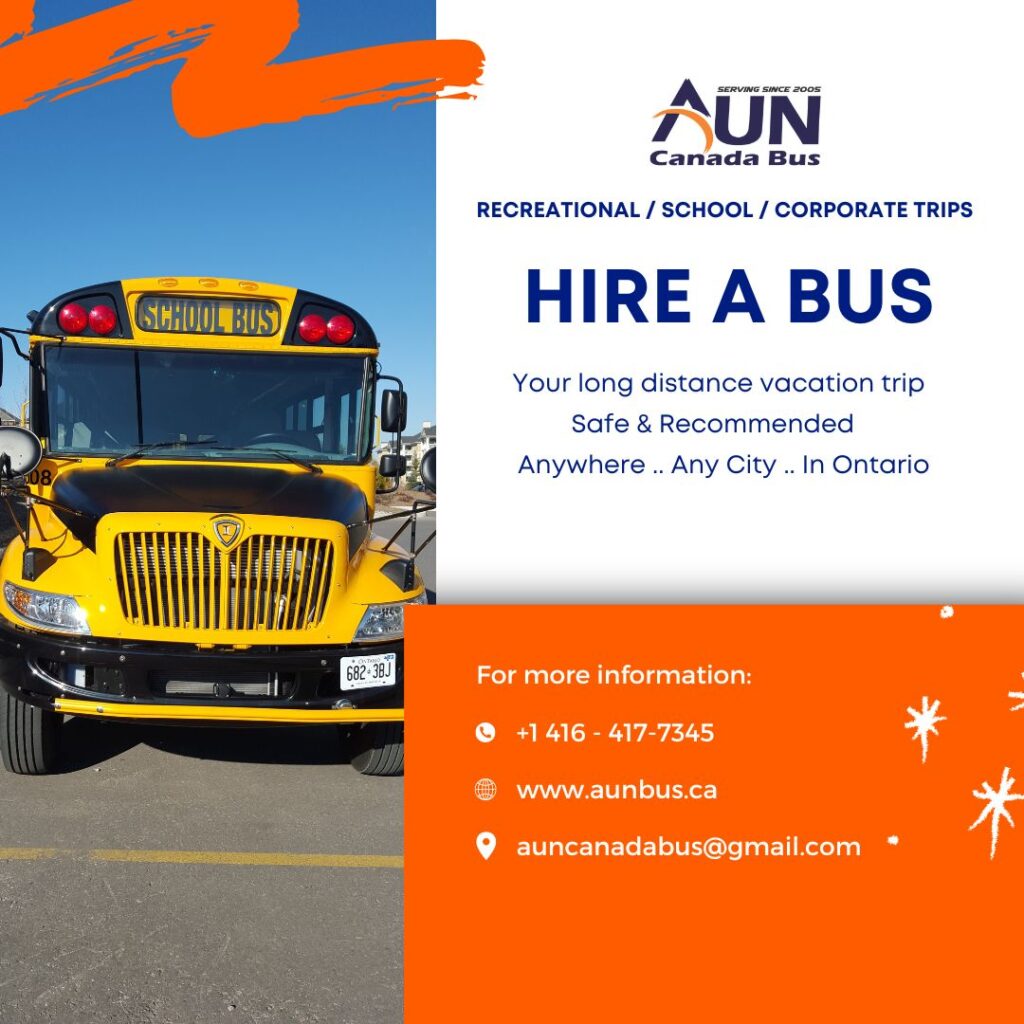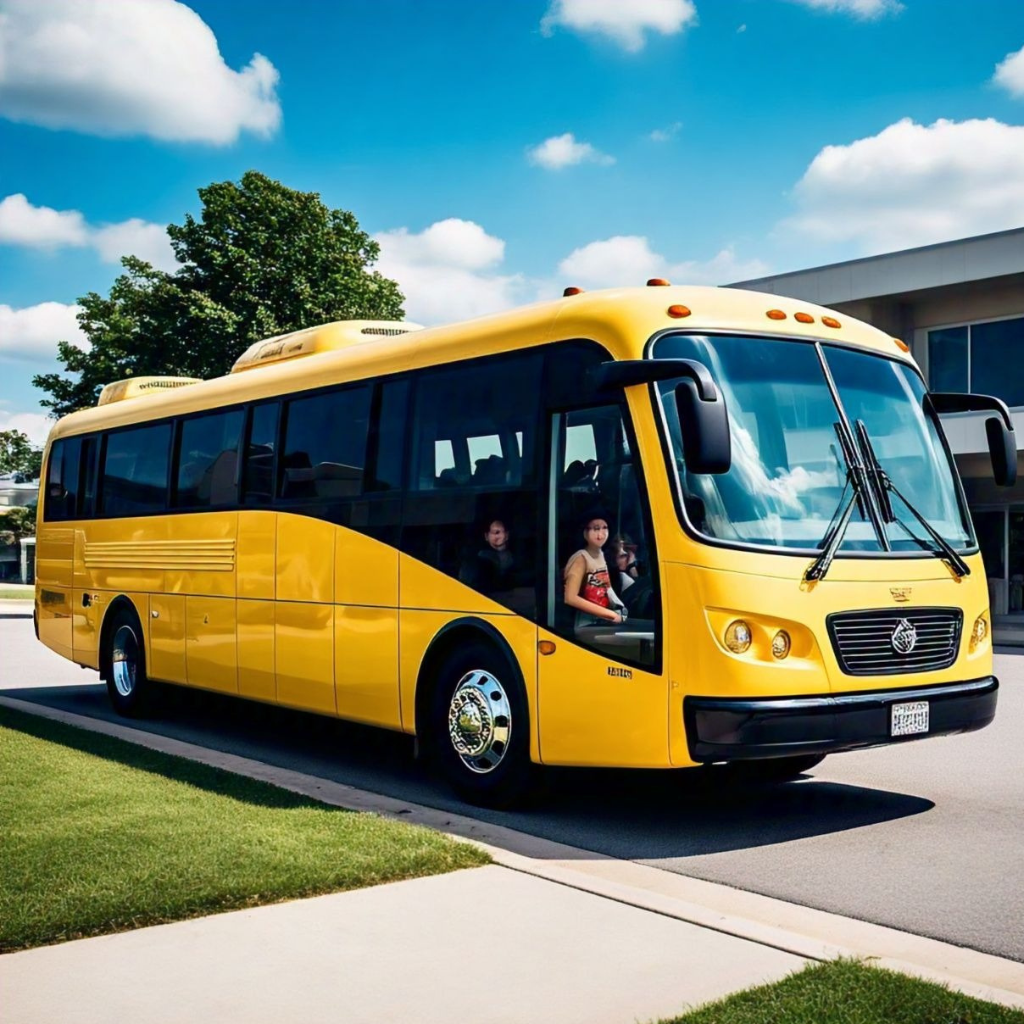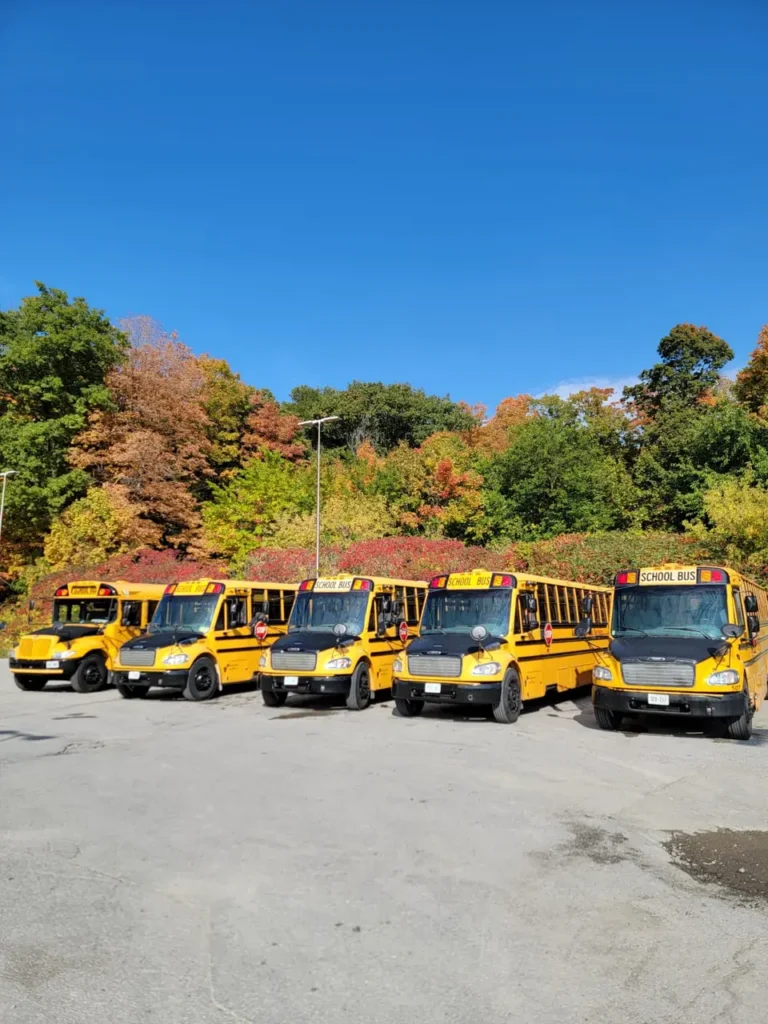Importance of school field trips
Field trips are not just a fun break from the classroom routine; they play a crucial role in enhancing students’ learning experiences. When students step out of the school environment and into real-world settings, they can apply what they have learned in class to practical situations. This hands-on experience helps students grasp concepts better and makes learning more engaging and memorable. Field trips also allow students to explore new places, cultures, and environments, broadening their horizons and fostering curiosity and a sense of exploration. Moreover, interacting with different people and surroundings during field trips helps in developing social skills and promotes teamwork among students.
Choosing the right destination
Research indicates that choosing the right destination for your school field trip is crucial for a successful educational experience. Consider the educational value of the destination, the relevance to your curriculum, and the accessibility for all students. Engaging and interactive destinations can enhance the learning experience for students. It’s also important to ensure that the destination aligns with the learning objectives you have set for the field trip. Careful planning and consideration of these factors can lead to a memorable and enriching educational adventure for your students.
Budgeting for field trips
When budgeting for field trips, consider all expenses like transportation, entry fees, meals, and any extra activities. Ensure to allocate funds for unexpected costs that may arise during the trip. Creating a detailed budget plan will help you stay on track and make the most of your allocated funds. Utilize school resources and look for discounts or group rates to minimize expenses. Prioritize student safety and educational value when deciding on trip expenses to ensure a meaningful and enriching experience for all participants.
Permission slips and waivers
Permission slips and waivers are critical documents for field trips. Every student must have a signed permission slip from their parent or guardian to participate in a field trip. This document gives consent for the student to go on the trip and includes important details like emergency contact information. Waivers, on the other hand, are legal documents that may release the school or organization from liability should an accident occur during the field trip. It is essential to carefully review and follow the guidelines for obtaining and managing these documents to ensure the safety and well-being of all participants.
Transportation logistics
When planning a field trip, arranging transportation is crucial. You need to consider factors like the number of students, distance to the destination, and budget constraints. Here are some key points to keep in mind:
- Bus Rental:
- Look for a reputable bus company that can accommodate your group size.
- Inquire about any additional costs for extra amenities or services.
- Permission Forms:
- Ensure all students have submitted signed permission forms to ride the bus.
- Collect emergency contact information for each student.
- Safety Measures:
- Discuss safety protocols with the bus company.
- Have a list of students and chaperones to ensure everyone is accounted for before and after the trip.
Remember, organizing transportation logistics ahead of time can help ensure a smooth and enjoyable field trip for everyone involved.
Creating an itinerary
When creating an itinerary for a school field trip, it’s important to consider the schedule and activities. Plan ahead and make sure to include transportation details, meal times, and any stops or attractions. Include break times to allow students to rest and recharge. Ensure the itinerary is well-balanced with a mix of educational and fun activities to keep the students engaged throughout the day. A clear and organized itinerary will help everyone stay on track and make the most of the field trip experience.
Educational activities
When planning educational field trips, consider activities that align with your curriculum to enhance learning. Look for interactive experiences such as museum tours, hands-on workshops, and nature explorations. Engaging in educational activities outside the classroom can help students retain information better and make learning fun and practical. Remember to choose activities that cater to different learning styles, and incorporate reflection exercises to deepen students’ understanding.
Safety and emergency procedures
Safety is a top priority during school field trips. Educators must ensure they have a comprehensive safety plan in place in case of emergencies. Here are some key points to consider:
- Emergency Contact Information: Make sure all staff and students have access to emergency contact numbers for parents, school administrators, and local emergency services.
- First Aid Kit: Carry a well-stocked first aid kit with essential supplies for minor injuries.
- Emergency Procedures: Educate all participants on what to do in case of emergencies such as getting lost, severe weather, or medical incidents.
- Communication Plan: Establish a communication plan to keep everyone informed during emergencies and ensure a designated meeting point.
- Risk Assessment: Conduct a risk assessment before the trip to identify potential hazards and take necessary precautions.
Engaging students during the trip
Engaging students during the trip is essential for making the experience memorable and educational. Here are some tips to keep your students involved and excited during the field trip:
- Encourage interactive learning activities that relate to the destination.
- Create opportunities for students to ask questions and participate in discussions.
- Incorporate hands-on experiences that align with classroom learning objectives.
- Utilize guided tours or scavenger hunts to keep students actively exploring.
- Allow time for reflection and group sharing to reinforce the educational value of the trip.
Follow-up and assessment
Once the field trip is over, it’s important to conduct a follow-up and assessment to gauge the trip’s effectiveness. Here are some key points to consider:
- Gather feedback from both students and chaperones to evaluate their experiences and any challenges faced during the trip.
- Review the learning objectives set before the trip and assess whether they were met.
- Reflect on any unexpected outcomes or observations that could inform future field trip planning.
- Use the assessment to make improvements for future trips and ensure that each one is a valuable learning experience for all involved.
Get the best bus service who are recommended by the school boards, like Aun Canada Bus Service. We give a quote in 5 mins and our buses are available 24 / 7.





